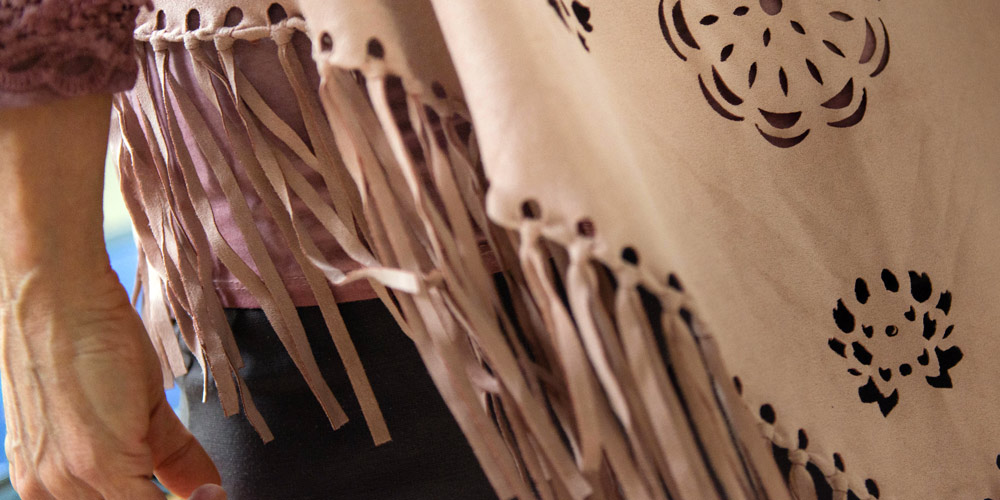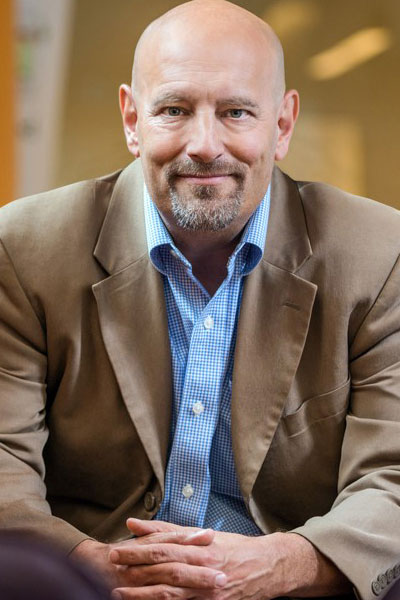
Planting the Seeds
January 2020 – UBC Okanagan’s Office of the Vice-Principal, Research and Innovation (VPRI), with support from the UBC Equity and Enhancement Fund (EEF), launched a pilot project to offer Cultural Competency Training to twelve Eminence-funded Clusters of Research Excellence.
UBCO partnered with the Interior Health Authority to offer a two-day, on-campus experiential workshop called ‘Planting the Seeds: Insights for Researchers Interested in Working with Indigenous Peoples’. The goals were to provide cluster members and their student trainees with Indigenous cultural competency training to cultivate an inclusive campus research culture that values Indigenous peoples, perspectives, and ways of knowing, and to create an environment where Indigenous students feel a sense of welcome and belonging.
A total of 45 participants completed the initial pilot training, offered as part of the Eminence program’s commitment to Indigenization and in support of strategies 4 and 6 of UBC’s Strategic Plan, Shaping UBC’s Next Century. VPRI and Interior Health staff members also participated in the workshop to honour these institutional commitments and enhance their own capacity and understanding.
The intensive two-day program required 100% attendance and commitment from all participants to engage respectfully in a combination of storytelling, circle time (with all participants encouraged to share), and presentations on topics including the history of colonization, colonial narratives, the impact of intergenerational trauma, survival stories, and the importance of reciprocity in relationship building with Indigenous communities. Participants gained a deeper understanding of the role of Indigenous Ways of Knowing and being in research, including food and protocols, Elders, Indigenous research methodologies, honorariums, consent forms, logistics, agendas, and more.
Understanding our shared history, the impacts of colonization, and learning to do things differently takes time, kindness, and a willingness to continue despite the challenges.
The facilitators used an Indigenous approach to guiding the two-day experiential learning workshop. Rather than presenting a detailed agenda, they provided participants with a general overview of themes that may be covered. This was an intentional decision to allow for flexibility instead of adhering to a rigid checklist.
The Elders and facilitators stressed this was important as some topics require more time to examine than others, depending on the audience. This meant certain topics were explored in great depth, while others were touched on briefly or left for future workshops. This provided an unexpected learning opportunity for participants, who may not have worked with Indigenous communities before or were unfamiliar with Indigenous approaches to gatherings and meetings. It helped highlight some of the cultural differences between Indigenous communities and western post-secondary research institutions.
Following the workshop, participants completed a detailed survey. Although there was a range of outcomes, some distinct themes emerged:
- A new appreciation for the importance of storytelling, learning circles, and experiential learning
- Greater awareness of the diversity of Indigenous peoples in Canada
- Better knowledge of the history of colonization, colonial narratives, the impact of intergenerational trauma, survival stories and importance of relationship building
- Greater understanding and commitment to learning more about Indigenization, commitment to building relationships
- A desire to learn how to “break down the silos” and find more allies
The VPRI office also learned some valuable lessons in hosting this training, including increased awareness of local Indigenous protocols and an appreciation for the time and complexities involved in hosting and building relationships with Indigenous Elders.
Creating a safe space for everyone involved, including the Elders, facilitators, and participants, is critical given the nature of this work. Contributing to the discussions in a group circle was difficult for some participants, so providing anonymous ways for participants to share their thoughts and questions (eg. a question box) will be important at future workshops.
Providing Elders and facilitators with more information about the participants (e.g. field of research/discipline), in advance of the workshop, would help them tailor the training and better prepare themselves for the group discussion. This may include developing examples from various research disciplines, so researchers from various backgrounds can better understand how their work might align with Indigenous communities.
This pilot workshop reflected commitment from all participants to work towards reconciliation. Understanding our shared history, the impacts of colonization, and learning to do things differently takes time, kindness, and a willingness to continue despite the challenges.
There are no set rules to follow, checklists to adhere to, or finish lines to cross. Reconciliation involves ongoing learning and we are never truly ‘done’. We all have the collective responsibility to continue this learning on our own and not expect Indigenous peoples to educate us.
With this in mind, the VPRI office is exploring opportunities to extend the learning from this initial training session, including developing resources for the UBCO research community, providing support from the Indigenous Community Liaison, and bringing the participants back together to reflect on their learnings and discuss how they have put their new knowledge into practice.
If you have questions or are interested in learning more about future workshops, please contact Sandra Fox.
 Sandra Fox is the Indigenous Community Liaison in the Office of the Vice-Principal Research at UBC Okanagan. Sandra joined UBCO in June 2019 and supports Indigenous research collaborations with UBC’s Okanagan campus. She is a member of the Musqueam Indian Band but has lived in Sylix Okanagan territory for most of her life and has worked in and with Aboriginal communities in the BC interior for the last ten years, most recently as an Aboriginal Student Advisor at UBC Okanagan. Sandra recently completed her Master’s degree in Indigenous Studies.
Sandra Fox is the Indigenous Community Liaison in the Office of the Vice-Principal Research at UBC Okanagan. Sandra joined UBCO in June 2019 and supports Indigenous research collaborations with UBC’s Okanagan campus. She is a member of the Musqueam Indian Band but has lived in Sylix Okanagan territory for most of her life and has worked in and with Aboriginal communities in the BC interior for the last ten years, most recently as an Aboriginal Student Advisor at UBC Okanagan. Sandra recently completed her Master’s degree in Indigenous Studies.
